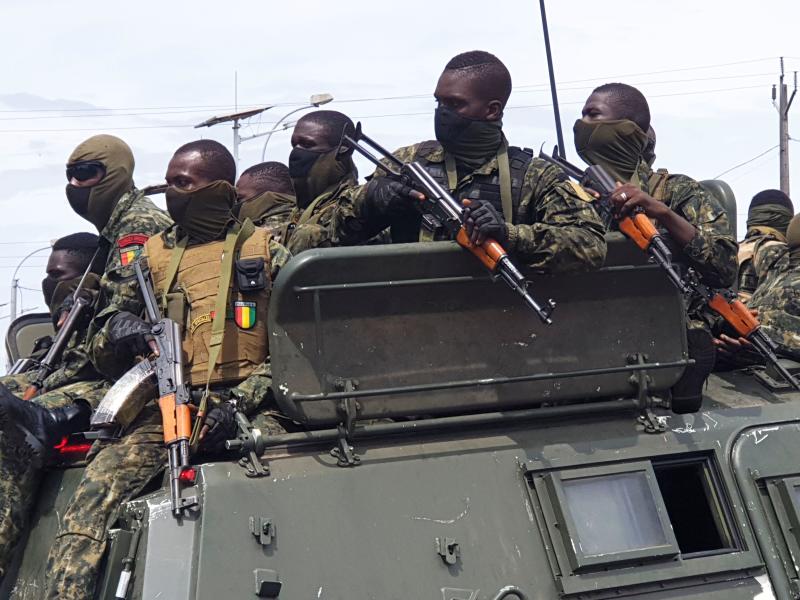×
The Standard e-Paper
Stay Informed, Even Offline

ANC leader Musalia Mudavadi recently warned that the gloomy relationship between President Uhuru Kenyatta and his deputy William Ruto would affect and divide the disciplined forces.
I thought it was a reckless statement by a national figure and since then, there has not been any meaningful reaction to it. I would like, therefore, to clarify a few things concerning that kind of thinking.